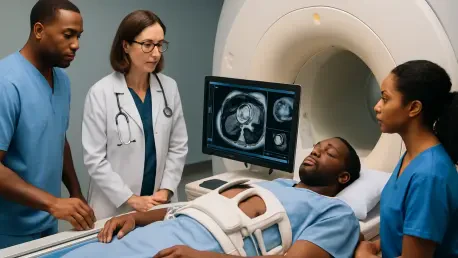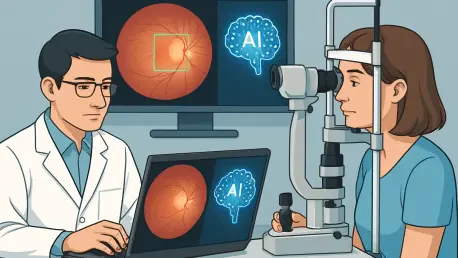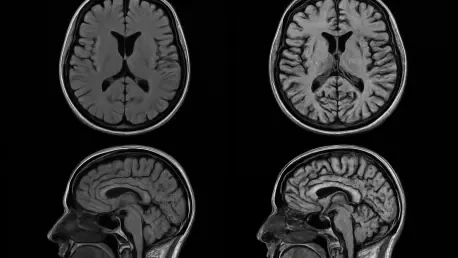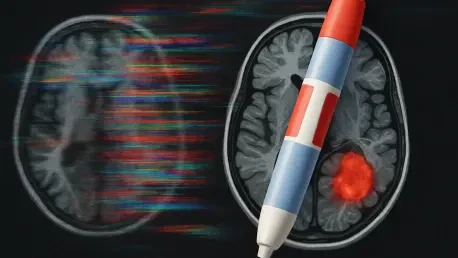
In a world where heart disease remains a leading cause of death, access to advanced diagnostic tools can be the critical difference between life and loss for countless individuals in communities far from major medical hubs. Imagine a small-town resident discovering a critical heart condition

In a deeply concerning breach of trust and security, Doctors Imaging Group (DIG), a Florida-based X-ray provider, has come under intense scrutiny for a data breach that exposed the personal and medical information of over 170,000 individuals, with notification to affected patients delayed by nearly

I'm thrilled to sit down with Ivan Kairatov, a renowned biopharma expert whose groundbreaking work at the intersection of technology and innovation is transforming the landscape of eye disease screening. With extensive experience in research and development, Ivan has been at the forefront of

Picture a healthcare landscape where a routine MRI scan does more than diagnose current ailments—it predicts how fast each organ in the body is aging and flags potential diseases years before symptoms emerge, transforming the way we approach preventive care. This revolutionary capability is no

In a world where rapid decision-making can mean the difference between success and failure, understanding how the brain adapts to ever-changing rules remains one of neuroscience's greatest challenges, as individuals navigate uncertainty daily—whether switching strategies in a competitive game or

In a startling revelation that has caught the attention of the medical community, a popular medication used for weight loss and diabetes management, Ozempic, may pose an unexpected challenge in the realm of diagnostic imaging. Known for its effectiveness in controlling blood sugar and aiding